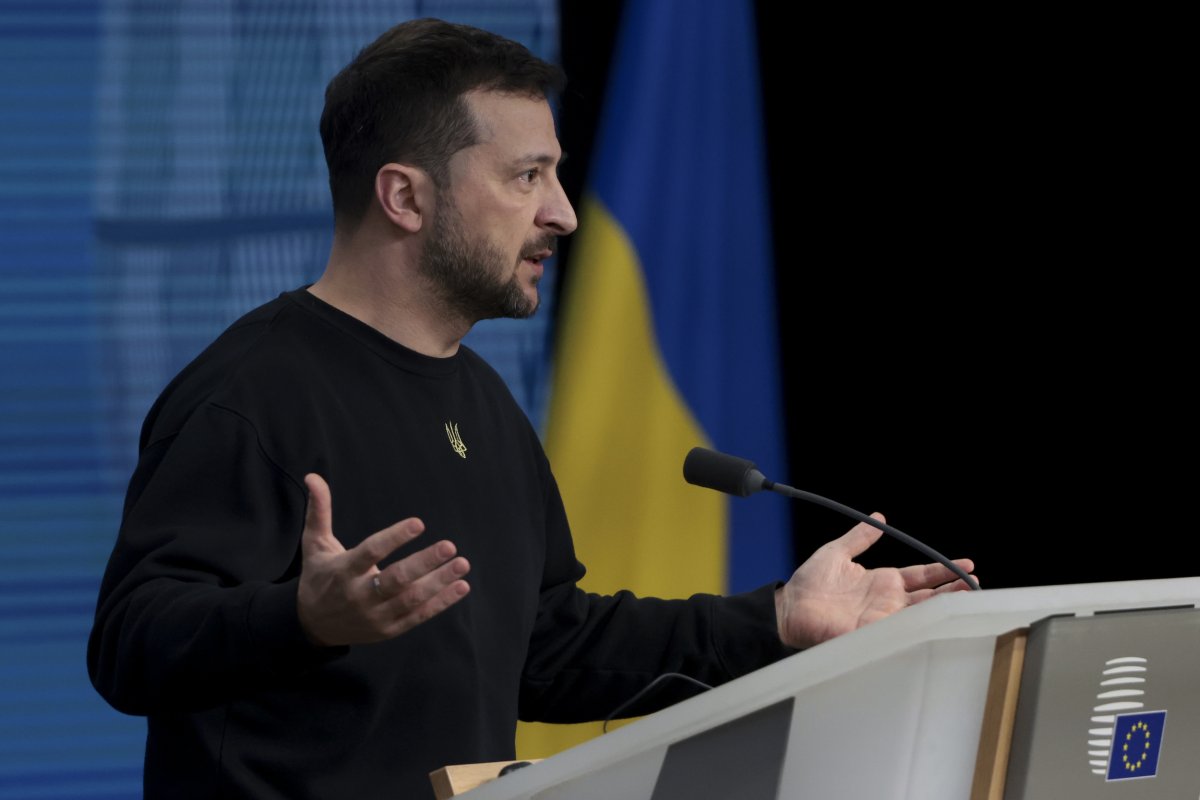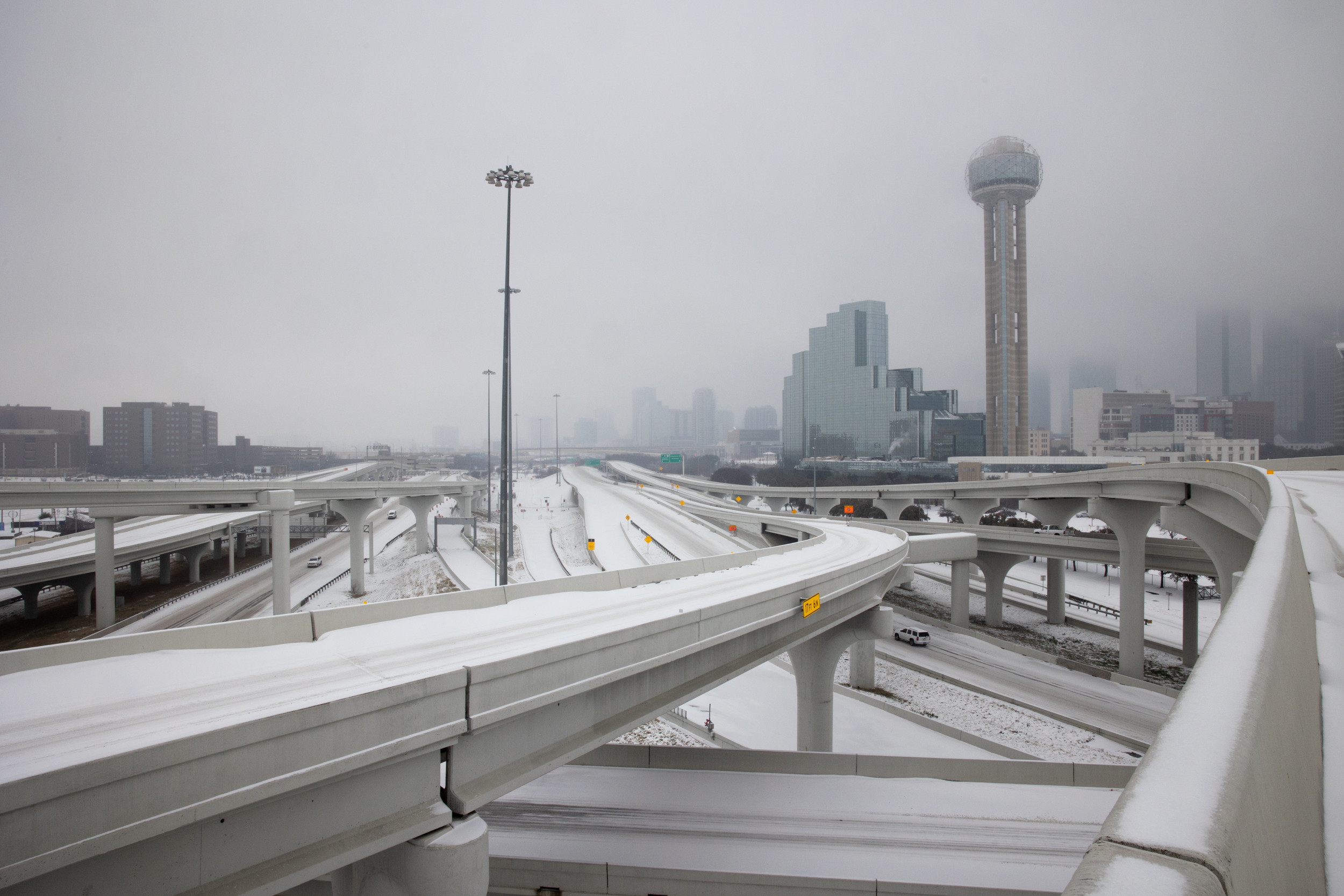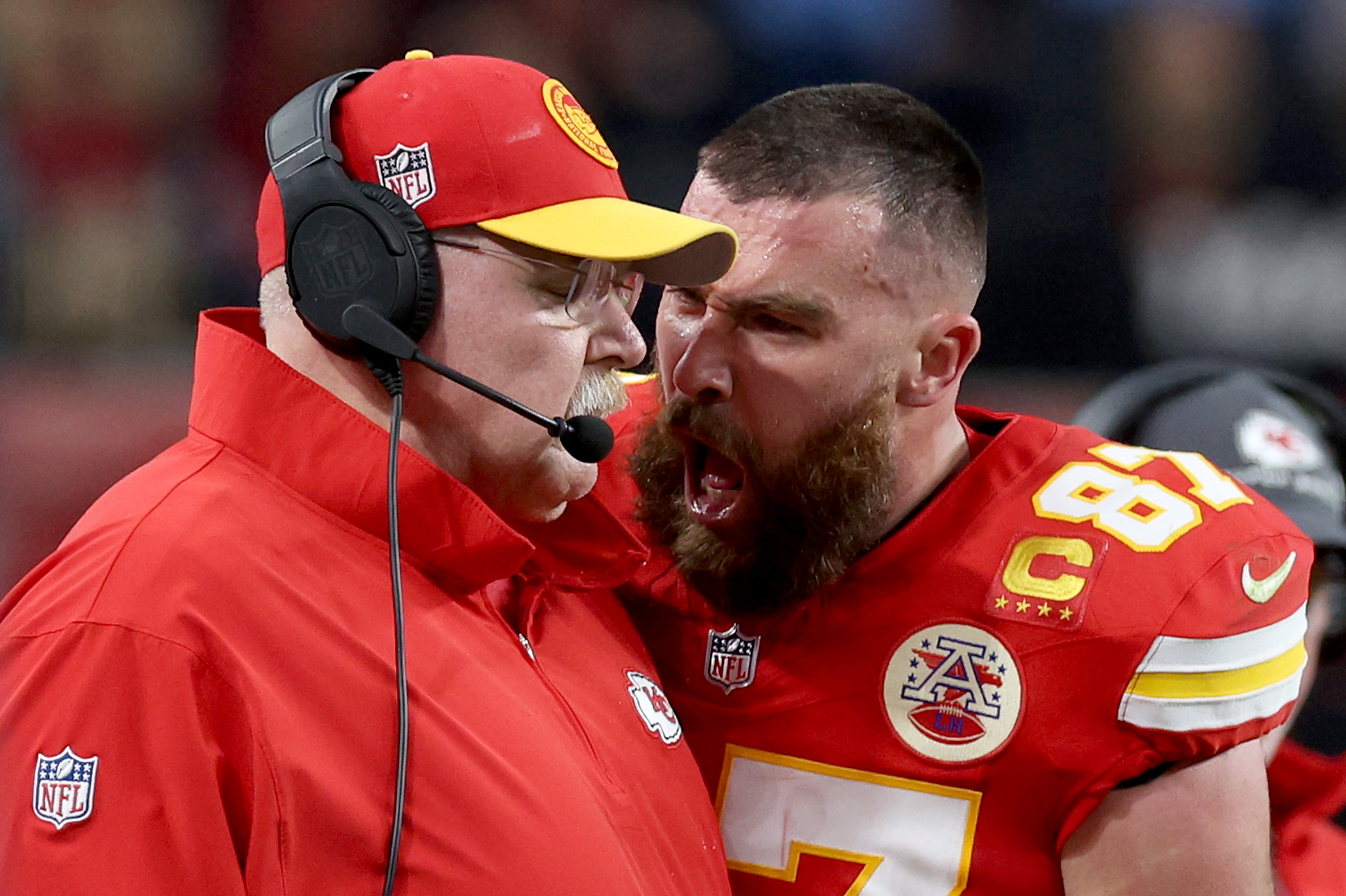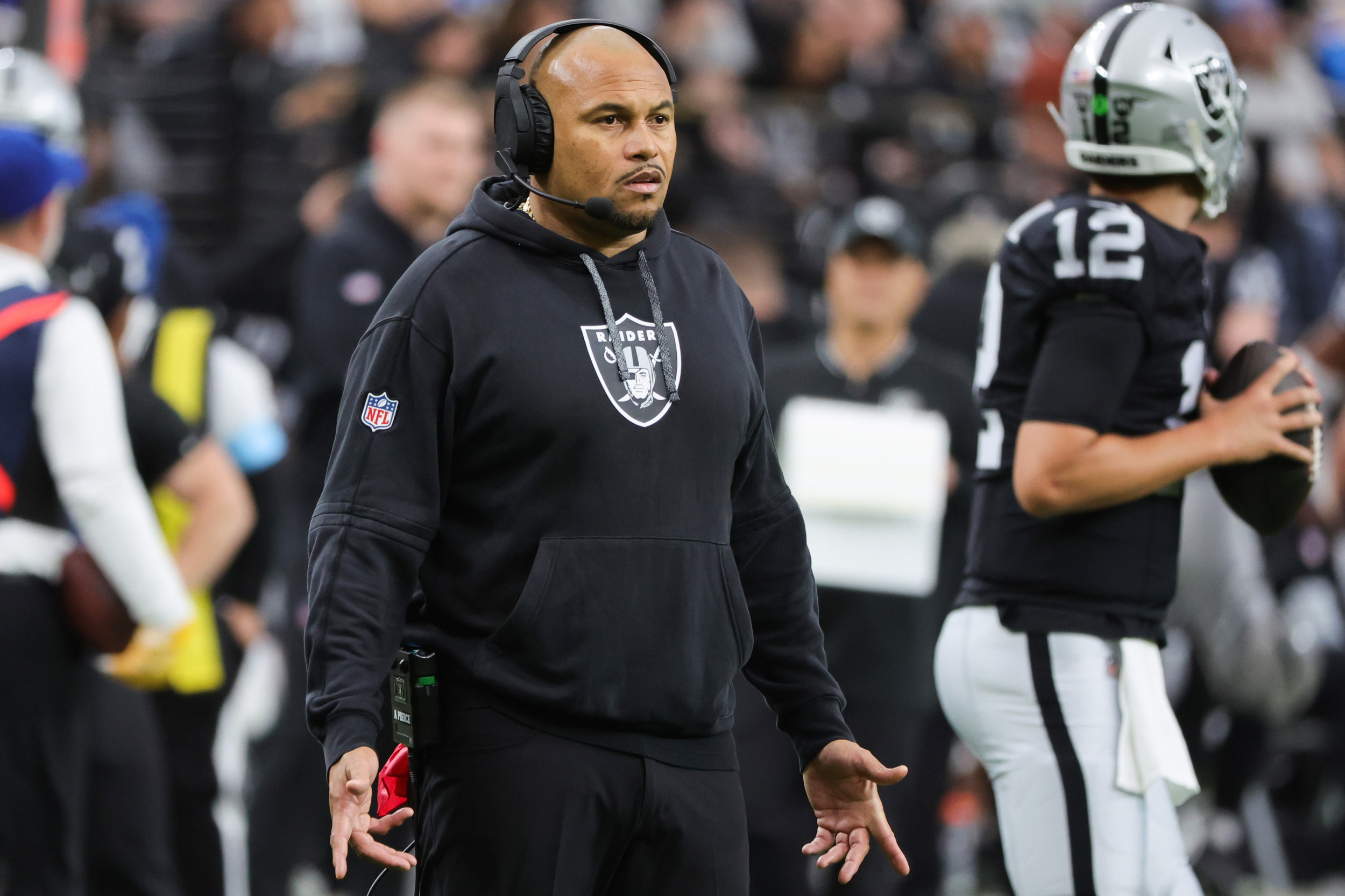Volodymyr Zelensky is a lonely man these days.
The Ukrainian president's latest swing through Western capitals, where he met with President Joe Biden in late September and various European heads of state in October, produced little in the way of new security commitments from his foreign backers. Kyiv's request to use Western-made missiles against targets deep in Russia remains on ice. Zelensky's so-called "Victory Plan" hasn't impressed anybody—it's less of a "plan" and more like a wish-list of weapons that Ukrainian officials have been reciting every week for the last two and a half years.
The battlefield isn't looking great for the Ukrainians either. Although the Russian army continues to take a beating—September was reportedly its deadliest month since the war began—its offensive in Donetsk is chipping away at Ukrainian defensive positions. Russian President Vladimir Putin is committed to capturing the Donbas region and more than willing to sacrifice a lot of young Russian men to do it. The strategy, however brutal, appears to be working, albeit more slowly than Putin would like. In early October, the Russian army captured Vuhledar after a months-long offensive there; this week, they took Selydove, a small town on the road to the logistical hub of Pokrovsk.
Ukraine's August offensive into Russia's Kursk region was supposed to prevent some of this from occurring, or at least force the Kremlin to make some difficult decisions about where to allocate its troops and resources. Zelensky's decision caught the United States, its biggest military backer, by surprise and caused divisions within the Ukrainian military establishment. According to a September report in Politico Europe, Valery Zaluzhny, Kyiv's top military commander during the first two years of the war, objected because he believed the plan wasn't thought out well enough. Zelensky, however, viewed the incursion as a way to turn the tables after a year of bruising losses.
The actual objective of the Kursk operation, however, was a mystery. There was never a unified theory of the case. When Zelensky talked about it, he gave various reasons for launching it. First, it was about pushing the Russians back from Ukraine's northern border to ensure the Sumy region wouldn't be subjected to Russian missile attacks every day. Then it was about capturing Russian soldiers and using them as leverage to compel the release of Ukrainian prisoners of war. Then Zelensky talked about how occupying parts of Kursk would increase Kyiv's power at the negotiating table when Putin finally decided to participate in serious diplomacy.
Whatever the game-plan was, the Kursk offensive was a gamble. The operation could work out brilliantly, putting the Russian army on the back foot yet again and forcing Putin's inner circle to rethink its war strategy. Or it would turn out to be counterproductive, exacerbating Ukraine's manpower problem and moving end-of-war negotiations further away.

Unfortunately, more than two months later, Ukraine's Kursk gambit is closer to the second scenario.
After a downright pathetic few weeks, the Russians regrouped—or at least got regrouped enough. A Russian counteroffensive in Kursk was launched about a month after Ukraine's initial foray into the region. While it's true the Ukrainians remain entrenched in some areas, the Russians have retaken around half of the land previously lost. It's difficult to determine the extent of Ukraine's casualties but one can safely surmise that they are considerable given the amount of ordinance the Russians have dropped on Ukrainian positions (one can surmise the same thing about Russian casualties, by the way).
Yet more significant than the reality on the ground is just how incorrect the Ukrainian government's calculations have proven to be.
One of Kyiv's core assumptions was that pressuring the Russians on its own territory would be of such monumental embarrassment to Putin that he would redeploy tens of thousands of troops from Eastern Ukraine back to the home front. This, in turn, would decrease the pressure faced by Ukrainian troops in Donetsk. Yet that has turned out to be a rosy scenario; Putin has indeed redeployed troops from Ukraine to buttress defenses in Kursk, but not from the places in Donetsk the Ukrainians were hoping for. The front line in Donetsk is even more active today than it was before the Kursk offensive began in August, and the Russians now control more territory in this Ukrainian province than they did in the summer.
Is Putin any closer to discussing a settlement to the war? The Ukrainians hoped he would be. But preliminary discussions between Ukrainian and Russian officials about ceasing attacks on each other's energy infrastructure were blown up the moment Zelensky ordered the Kursk offensive. Predictably, Putin saw the incursion as a stab in the back and pulled the plug, with Moscow labeling the Ukrainian offensive as an escalation. This shouldn't have been a surprise to Zelensky or the people advising him; whenever Putin has been placed under pressure, he responded by upping the ante rather than submitting. Zelensky, perhaps recognizing his initial error, is now trying to get those discussions back on track.
It's always easy to Monday-morning quarterback a war from thousands of miles away. But it doesn't take much foresight to see how Ukraine's bet on Kursk could go disastrously wrong.
Daniel R. DePetris is a fellow at Defense Priorities and a syndicated foreign affairs columnist at the Chicago Tribune.
The views expressed in this article are the writer's own.




















 English (US) ·
English (US) ·